W6: Digital-twin-assisted AI for 6G Wireless Networking
Keynote Speaker: Xianbin Wang, Western University, Canada
Keynote Speaker: Trung Q. Duong, Queen’s University Belfast, UK
General Chairs
Qiang Ye, Memorial University of Newfoundland, Canada
Berk Canberk, Istanbul Technical University, Turkey
Octavia A. Dobre, Memorial University of Newfoundland, Canada
Bin Lin, Dalian Maritime University, China
TPC Co-chairs
Ning Zhang, University of Windsor, Canada
Khaled Rabie, Manchester Metropolitan University, UK
Dajiang Chen, UESTC, China
Zijun Gong, Hong Kong University of Science and Technology, Guangzhou, China
Hesham Moussa, Huawei, Canada
Publicity Chairs
Zhi Liu, The University of Electro-Communications, Japan
Lei Liu, Xidian University, China
TPC Members
Hassan Aboubakr Omar, Huawei Technologies, Ottawa, Canada
Xuanli Wu, Harbin Institute of Technology, China
Khalid Aldubaikhy, Qassim University, Saudi Arabia
Tao Huang, James Cook University, Australia
Mushu Li, University of Waterloo, Canada
Muhammad Ismail, Tennessee Tech University, USA
Huaqing Wu, McMaster University, Canada
Tao Han, New Jersey Institute of Technology, USA
Junling Li, University of Waterloo, Canada
Wen Wu, Peng Cheng Laboratory, China
Jie Gao, Marquette University, USA
Weisen Shi, Huawei Technologies, Ottawa, Canada
Haixia Peng, California State University Long Beach, USA
He Fang, Soochow University, China
Zehui Xiong, Singapore University of Technology and Design, Singapore
Nan Chen, Tennessee Tech University, USA
Peng Yang, Huazhong University of Science and Technology, China
Kaige Qu, University of Waterloo, Canada
Yuan Zhang, UESTC, China
Cheng Huang, University of Waterloo, Canada
Abstract: With the increasing data volume and network complexity in six generation (6G) wireless networks, efficient data collection and processing will be the pivotal factor to improve the training accuracy of artificial intelligence (AI) modules for making network management decisions. Digital twin (DT), as an effective means of data digitalization, has recently attracted great attention from both academia and industry. By creating concise but accurate abstraction/virtualization of both network-level and user level data/functionalities from the physical domain, the DT can well improve the efficiency of large-scale data processing for guiding the 6G network intelligence. To spark more ideas and potential research directions in this booming field, this workshop aims at inviting experts and professionals around the world to share thoughts, insights, results, and experience on applying DT to future wireless networking from both theoretical and practical perspectives.
Co-chair Bios:
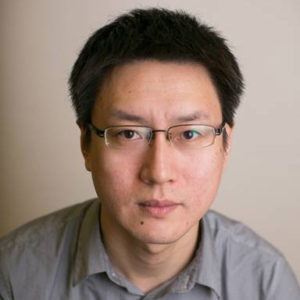 Qiang Ye
Qiang Ye
Bio: Qiang Ye received the Ph.D. degree in electrical and computer engineering from the University of Waterloo, ON, Canada, in 2016. Since Sept. 2021, he has been an Assistant Professor with the Department of Computer Science, Memorial University of Newfoundland, NL, Canada. Before joining Memorial, he had been with the Department of Electrical and Computer Engineering and Technology, Minnesota State University, Mankato, USA, as an Assistant Professor from Sept. 2019 to Aug. 2021 and with the Department of Electrical and Computer Engineering, University of Waterloo as a Postdoctoral Fellow and Research Associate from Dec. 2016 to Sept. 2019. He has published over 45 research articles on top ranked IEEE Journals and Conference Proceedings. He is/was TPC co-chairs/members for several international conferences and workshops, including the IEEE GLOBECOM’20, VTC’17, VTC’20, ICPADS’20, and INFOCOM’22. He serves as associate editors for IEEE Open Journal of the Communications Society, Peer-to-Peer Networking and Applications, International Journal of Distributed Sensor Networks, and Wireless Networks. He is a member of IEEE.
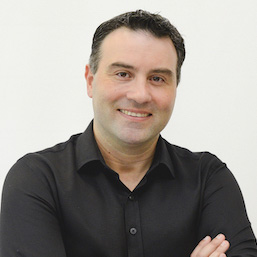 Berk Canberk
Berk Canberk
Bio: Berk Canberk has been an Adjunct Associate Professor with the Department of Electrical and Computer Engineering, Northeastern University, since 2016. He is currently a Professor with the Department of Computer Engineering, Istanbul Technical University (ITU). He also serves as an Editor for IEEE COMMUNICATIONS LETTER, IEEE TRANSACTIONS IN VEHICULAR TECHNOLOGY, Computer Networks (Elsevier), and Computer Communications (Elsevier). His current research interests include software-defined networking (SDN), intelligent aerial networks, and next generation network management systems. He was a recipient of the IEEE Turkey Research Incentive Award in 2018, the IEEE INFOCOM Best Paper Award in 2018, The British Council (U.K.) Researcher Link Award in 2017, the IEEE CAMAD Best Paper Award in 2016, Royal Academy of Engineering (U.K.) NEWTON Research Collaboration Award in 2015, the IEEE INFOCOM Best Poster Paper Award in 2015, the ITU Successful Faculty Member Award in 2015, and the Turkish Telecom Collaborative Research Award in 2013. He is a Senior Member of IEEE.
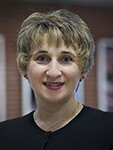 Octavia A. Dobre
Octavia A. Dobre
Bio: Octavia A. Dobre received the Dipl. Ing. and Ph.D. degrees from the Polytechnic Institute of Bucharest, Romania, in 1991 and 2000, respectively. Between 2002 and 2005, she was with New Jersey Institute of Technology, USA. In 2005, she joined Memorial University, Canada, where she is currently a Professor and Research Chair. Her research interests encompass various wireless technologies, such as non-orthogonal multiple access and full duplex, as well as optical and underwater communications, and machine learning for communications. She has contributed over 400 refereed papers in these areas. Dr. Dobre serves as the Editor-in-Chief (EiC) of the IEEE Open Journal of the Communications Society. She was the EiC of the IEEE Communications Letters, Senior Editor, Editor, and Guest Editor for various prestigious journals and magazines. Dr. Dobre was a Royal Society Scholar, Fulbright Scholar, and Distinguished Lecturer of the IEEE Communications Society. She obtained Best Paper Awards at various conferences, including IEEE ICC, IEEE Globecom, IEEE WCNC, and IEEE PIMRC. Dr. Dobre is a Fellow of IEEE, a Fellow of the Engineering Institute of Canada, and a Fellow of the Canadian Academy of Engineering.
Bin Lin
Bio: Bin Lin received the B.S. and M.S. degrees from Dalian Maritime University, Dalian, China, in 1999 and 2003 respectively, and the Ph.D. degree from the Broadband Communications Research Group, Department of Electrical and Computer Engineering, University of Waterloo, Waterloo, ON, Canada, in 2009. She is currently a Full Professor and Dean of Communication Engineering Department, School of Information Science and Technology, Dalian Maritime University. She has been a Visiting Scholar with George Washington University, Washington, DC, USA, from 2015 to 2016. Her current research interests include wireless communications, network dimensioning and optimization, resource allocation, artificial intelligence, maritime communication networks, edge/cloud computing, wireless sensor networks, and Internet of Things. Dr. Lin is a senior member of IEEE, and an associate editor of IEEE Transaction on Vehicular Technology and IET Communications.
TPC Chair Bios:
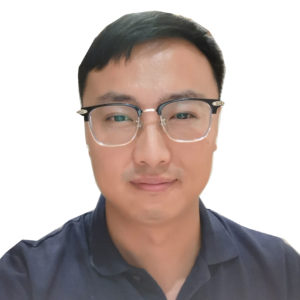 Ning Zhang
Ning Zhang
Bio: Ning Zhang is currently an Associate Professor in the Department of Electrical and Computer Engineering at the University of Windsor, Canada. He received the Ph.D. degree from the University of Waterloo, Waterloo, ON, Canada, in 2015. After that, he was a postdoc research fellow at the University of Waterloo and University of Toronto, Canada, respectively. His research interests include connected vehicles, mobile edge computing, wireless networking, and machine learning. He is a Highly Cited Researcher and on the World’s Top 2% Scientists list by Stanford University. He serves as an Associate Editor of IEEE Internet of Things Journal, IEEE Transactions on Cognitive Communications and Networking, and IEEE Systems Journal; and a Guest Editor of several international journals, such as IEEE Wireless Communications, IEEE Transactions on Industrial Informatics, IEEE Transactions on Intelligent Transportation Systems, IEEE Internet of Things Journal, and IEEE Transactions on Cognitive Communications and Networking. He also serves/served as a general chair for IEEE SAGC 2021, a TPC chair for IEEE VTC-Fall 2021 and IEEE SAGC 2020, a track chair for several international conferences including IEEE ICC 2022, IEEE IECON 2021, CollaborateCom 2021, IEEE VTC 2020, AICON 2020 and CollaborateCom 2020, and a co-chair for numerous international workshops. He received IEEE TCSVC Rising Star Award for outstanding contributions to research and practice of MEC and IoT Service; NSERC PDF award, and 6 Best Paper Awards from IEEE Globecom, IEEE WCSP, IEEE ICC, IEEE ICCC, IEEE Technical Committee on Transmission Access and Optical Systems, and Journal of Communications and Information Networks, respectively. He has been a senior member of IEEE since 2018.
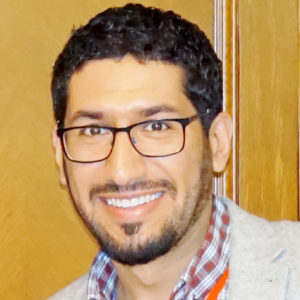 Khaled Rabie
Khaled Rabie
Bio: Khaled M. Rabie (Senior Member, IEEE) received the M.Sc. and Ph.D. degrees in electrical and electronic engineering from the University of Manchester, in 2011 and 2015, respectively. He is currently a Senior Lecturer with the Department of Engineering, Manchester Metropolitan University (MMU), UK. He has worked as a part of several largescale industrial projects and has published 150+ journal and conference articles (mostly IEEE). His current research interests focus on the next-generation wireless communication systems. He serves regularly on the technical program committee (TPC) for several major IEEE conferences, such as GLOBECOM, ICC, and VTC. He has received many awards over the past few years in recognition of his research contributions including the Best Paper Awards at the 2021 IEEE CITS and the 2015 IEEE ISPLC, and the IEEE ACCESS Editor of the month award for August 2019. He is currently serving as an Editor of IEEE COMMUNICATIONS LETTERS, an Editor of IEEE Internet of Things Magazine, an Associate Editor of IEEE ACCESS, an Area Editor for Physical Communications (Elsevier), and an Executive Editor for the TRANSACTIONS ON EMERGING TELECOMMUNICATIONS TECHNOLOGIES (Wiley). He guest-edited many special issues in journals including IEEE Wireless Communications Magazine (2021), Electronics (2021), Sensors (2020), IEEE Access (2019). Khaled is also a Fellow of the U.K. Higher Education Academy (FHEA).
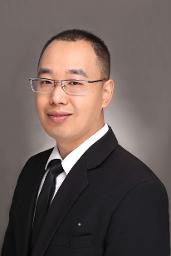 Dajian Chen
Dajian Chen
Bio: Dajiang Chen (Member, IEEE) received the Ph.D. degree in information and communication engineering from the University of Electronic Science and Technology of China (UESTC), Chengdu, China, in 2014.,He is currently an Associate Professor with the School of Information and Software Engineering, UESTC. He was a Postdoctoral Fellow with the Broadband Communications Research Group, Department of Electrical and Computer Engineering, University of Waterloo, Waterloo, ON, Canada, from 2015 to 2017. His current research interest includes physical layer security, secure channel coding, and machine learning and its applications in wireless network security and wireless communications. Dr. Chen served as the Workshop Chair for BDEC-SmartCity’19 (in conjunction with IEEE WiMob 2019). He also served as a guest editor for several international journals, such as Wireless Communications and Mobile Computing, and International Journal of Distributed Sensor Networks. He also serves/served as a Technical Program Committee Member for IEEE Globecom, IEEE ICC, IEEE VTC, IEEE WPMC, and IEEE WF-5G.
Zijun Gong
Bio: Zijun Gong received the B. Eng. and M. Eng. Degrees from Harbin Institute of Technology (HIT), Harbin, P. R. China, in 2013 and 2015, respectively. In 2021, he got his Ph.D. degree at Memorial University of Newfoundland, St. John’s, NL, Canada. From May to December 2021, he worked at University of Waterloo as a postdoc. He is currently an assistant professor with the IOT Thrust in Information Hub, Hong Kong University of Science and Technology (GZ). His research interests lie in statistical signal processing and optimization, including channel estimation in massive MIMO, and millimeter wave communications, radio propagation modeling, localization of WSN, localization of underwater vehicles. He received the Best Paper Award at the IEEE Globecom’17, Singapore, December 2017.
Keynote Speaker Bios:
Xianbin Wang
Bio: Xianbin Wang received the Ph.D. degree in electrical and computer engineering from the National University of Singapore in 2001. He was with the Communications Research Centre Canada (CRC) as a Research Scientist/a Senior Research Scientist from July 2002 to December 2007. From January 2001 to July 2002, he was a System Designer at STMicroelectronics. He is currently a Professor and the Tier-1 Canada Research Chair of Western University, Canada. He has over 450 highly cited journal articles and conference papers, in addition to 30 granted and pending patents and several standard contributions. His current research interests include 5G/6G technologies, the Internet of Things, communications security, machine learning, and intelligent communications. Dr. Wang is a fellow of the IEEE, the Canadian Academy of Engineering, and the Engineering Institute of Canada. He has received many awards and recognitions, including Canada Research Chair, the CRC President’s Excellence Award, the Canadian Federal Government Public Service Award, Ontario Early Researcher Award, and six IEEE best paper awards. He was involved in many IEEE conferences, including GLOBECOM, ICC, VTC, PIMRC, WCNC, CCECE, and CWIT in different roles, such as the General Chair, the Symposium Chair, the Tutorial Instructor, the Track Chair, the Session Chair, the TPC Co-Chair, and a Keynote Speaker. He is currently serving as the Chair for the IEEE London Section and the ComSoc Signal Processing and Computing for Communications (SPCC) Technical Committee. He serves/has served as the editor-in-chief, the associate editor-in-chief, and an editor/an associate editor for over ten journals. He has been nominated as an IEEE Distinguished Lecturer several times during the last ten years. He is an IEEE Distinguished Lecturer.
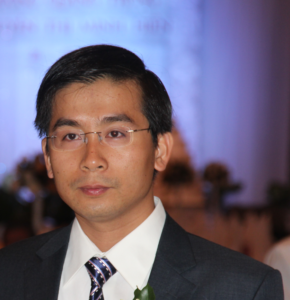 Trung Q. Duong
Trung Q. Duong
Bio: Trung Q. Duong is a Chair Professor of Telecommunications at Queen’s University Belfast (UK), where he was a Lecturer (Assistant Professor) (2013-2017), a Reader (Associate Professor) (2018-2020), and Full Professor from August 2020. He also holds a prestigious Research Chair of Royal Academy of Engineering. His current research interests include wireless communications, machine learning, realtime optimisation, and data analytic. He is an author/co-author of over 400 publications. Dr. Duong currently serves as an Editor for the IEEE TRANSACTIONS ON WIRELESS COMMUNICATIONS, IEEE TRANSACTIONS ON VEHICULAR TECHNOLOGY, and an Executive Editor for IEEE COMMUNICATIONS LETTERS. He has served as an Editor/Guest Editor for IEEE TRANSACTIONS ON COMMUNICATIONS, IEEE WIRELESS COMMUNICATIONS, IEEE COMMUNICATIONS MAGAZINES, IEEE COMMUNICATIONS LETTERS, and IEEE JOURNAL ON SELECTED AREAS IN COMMUNICATIONS. He was awarded the Best Paper Award at the IEEE Vehicular Technology Conference (VTCSpring) in 2013, IEEE International Conference on Communications (ICC) 2014, IEEE Global Communications Conference (GLOBECOM) 2016 and 2019, IEEE Digital Signal Processing Conference (DSP) 2017, and International Wireless Communications & Mobile Computing Conference (IWCMC) 2019. He is the recipient of prestigious Royal Academy of Engineering Research Fellowship (2015-2020) and has won a prestigious Newton Prize 2017. He is a Fellow of IEEE (2022 Class).
Deadlines:
Workshop paper submissions due EXTENDED: 23 March 2022
Acceptance notification: 17 April 2022
Final paper submission due: 1 May 2022
To submit a paper to this workshop, please visit: https://vtc2022s-rr-wks.trackchair.com/track/2041
For additional information and the workshop call-for-papers: VTCSpring2022CFP_DigitalTwin
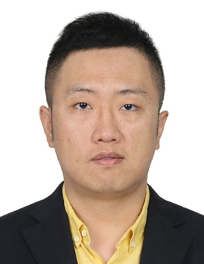 Kai Liang
Kai Liang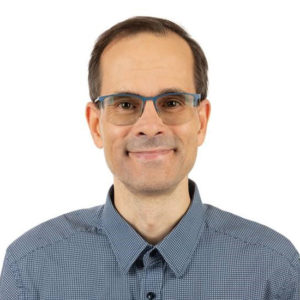 Mikko Uusitalo
Mikko Uusitalo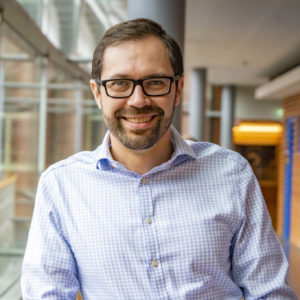 Henk Wymeersch
Henk Wymeersch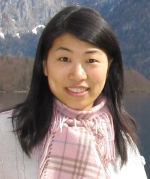 Xiaoli Chu
Xiaoli Chu
 Sébastien Faye
Sébastien Faye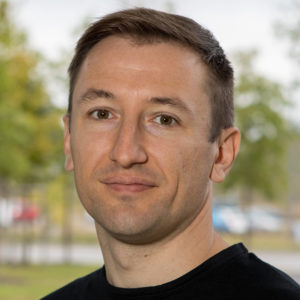 Ion Turcanu
Ion Turcanu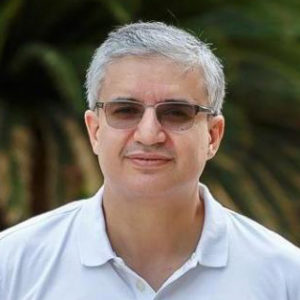 Mohamed-Slim Alouini
Mohamed-Slim Alouini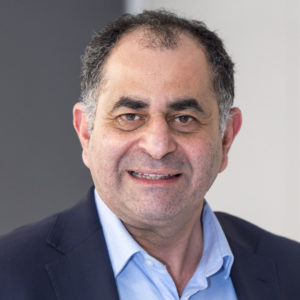 Maziar Nekovee
Maziar Nekovee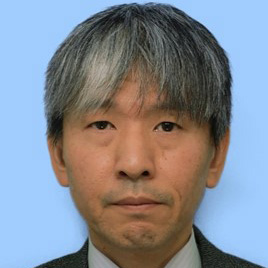 Yoji Kishi
Yoji Kishi 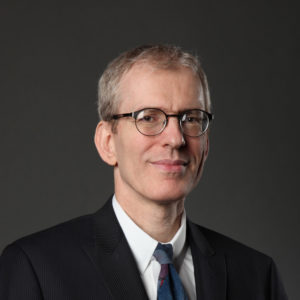 Andreas F. Molisch
Andreas F. Molisch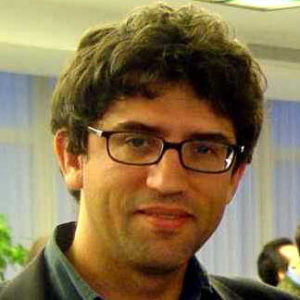 Giuseppe Caire
Giuseppe Caire Octavia A. Dobre
Octavia A. Dobre Qiang Ye
Qiang Ye Berk Canberk
Berk Canberk Ning Zhang
Ning Zhang Khaled Rabie
Khaled Rabie Dajian Chen
Dajian Chen Trung Q. Duong
Trung Q. Duong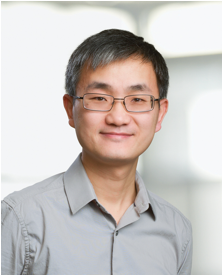 Wei Yu
Wei Yu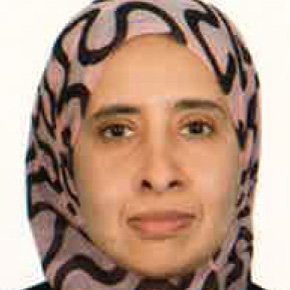 Hanan Al-Tous
Hanan Al-Tous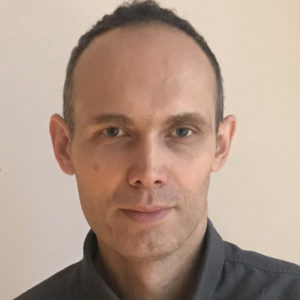 Cedomir Stefanovic
Cedomir Stefanovic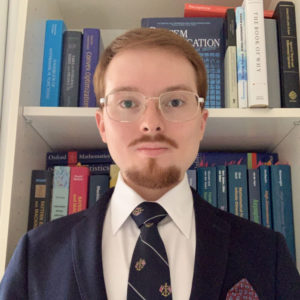 Sergey Tambovskiy
Sergey Tambovskiy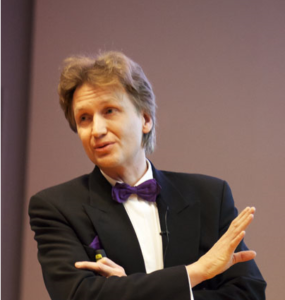 Olav Tirkkonen
Olav Tirkkonen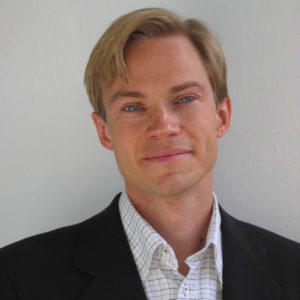 Hugo Tullberg
Hugo Tullberg Alvaro Valcarce Rial
Alvaro Valcarce Rial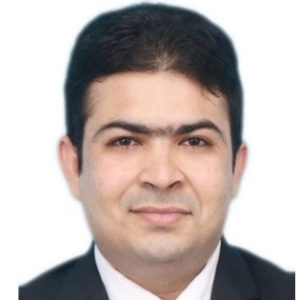 Sandeep Pirbhulal
Sandeep Pirbhulal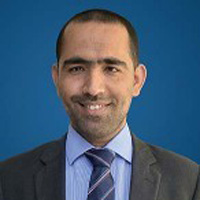 Ali Hassan Sodhro
Ali Hassan Sodhro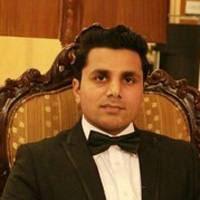 Muhammad Muzammal
Muhammad Muzammal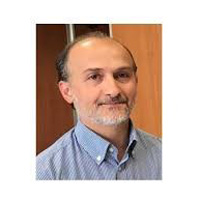 Giancarlo Fortino
Giancarlo Fortino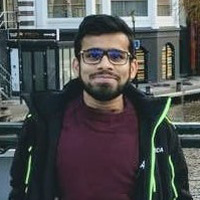 Muhammad Ali Jamshed
Muhammad Ali Jamshed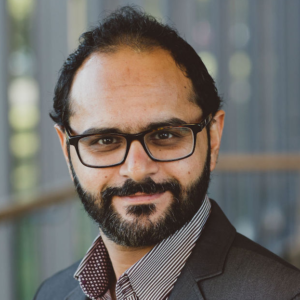 Masood Ur-Rehman
Masood Ur-Rehman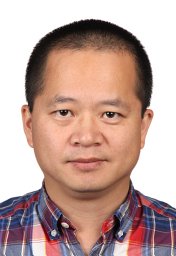 Xianfu Chen
Xianfu Chen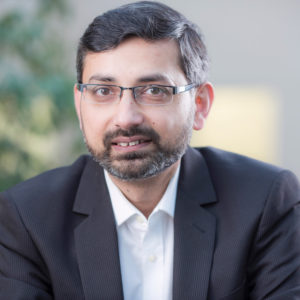
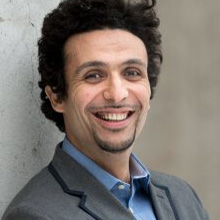 Mehdi Bennis
Mehdi Bennis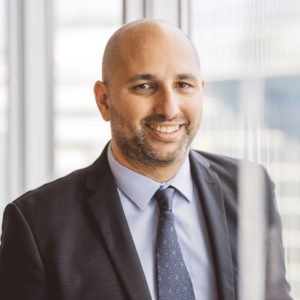 Mérouane Debbah
Mérouane Debbah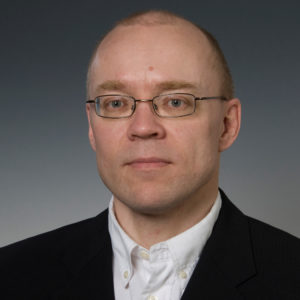 Jyri Hämäläinen
Jyri Hämäläinen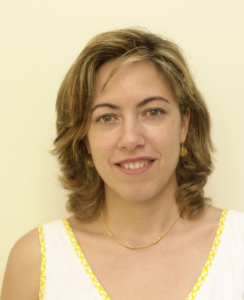 Raquel Barco
Raquel Barco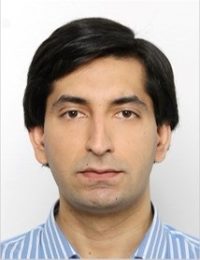
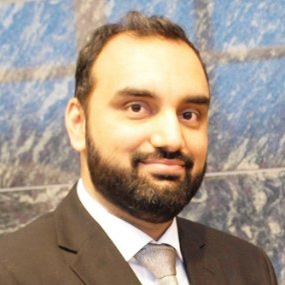 Muhammad Zeeshan Asghar
Muhammad Zeeshan Asghar